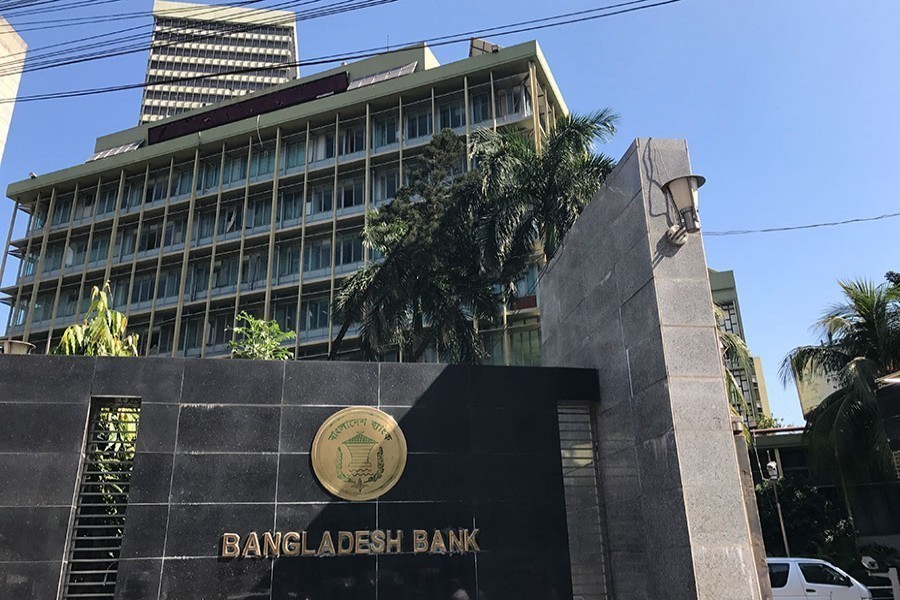The central bank is purchasing securities without any check to funnel funds into banks, which are supposed to finance economic rescue packages.
The quantitative easing or QE is a form of unconventional monetary policy in which a central bank purchases securities from the market in order to increase the money supply and encourage lending as well as investment.
This is not printing money. Printing money operation issues new bonds to increase government spending.
Debit Management Department of Bangladesh Bank has issued at least six notices over the past two months to enhance purchases of securities, which may fuel the inflationary pressure.
Bangladesh Bank officials told the FE on Friday there is no limit on going for QE.
"We will purchase as long as the market absorbs," said one person familiar with the development.
He said the government will require adequate funding to meet its budget deficit and under such a situation commercial banks need money to participate in the treasury auctions.
He said this is not time to consider risks associated with the QE for the economy.
But economists said this type of purchase is inevitable, because Bangladesh Bank has no similar mechanism to inject fund into the banking channel.
They said the primary liquidity support for the government's economic relief packages will come from the banking system, for which they need cash.
They, however, said the Bangladesh Bank should manage it carefully to avoid major financial disaster as a result of the QE by the central bank.
Dr AB Mirza Azizul Islam, a former caretaker government adviser on finance and planning, told the FE there is no other alternative to the QE.
"How will they (banks) implement the package if they run short of fund?" he said.
He noted inflation is not a big threat to the economy at the moment.
Dr Islam, who teaches economics at BRAC University, said that if the inflation pressure builds up that will be 'cost-push inflation', not 'demand-pull inflation'.
He said the government should take care of the supply side to avoid cost-push inflation in the economy.
Dr Mustafa K Mujeri, a former chief economist at the Bangladesh Bank, said that under the existing pandemic the strategy is appropriate.
But he said the central bank should manage it carefully so that it cannot lead to a disaster.
Mr Mujeri, also executive director at the Institute of inclusive Finance and Development, said this is an 'assist' to avoid financial crisis in the banking system. He warned that aggressive QE can ignite currency weakness.
Dr Khondker Golam Moazzem, research director at the Centre for Policy Dialogue, said given cash constraints in banks, such measures would help increase banks' lending capacity to finance rescue packages.
"This fund would help raise domestic demand," he added.
He, however, said this would not have immediate risk to inflationary pressure provided loans are disbursed properly targeting the most-affected sectors and most-affected enterprises.
The preference of lending should not prioritise based on bank-client relationship only, instead it should also put importance on the level of adversity caused to businesses, Dr Moazzem said.
Bankers, who work with the treasury department, also said such an initiative is good otherwise they cannot support the clients at this critical moment.
Md Shaheen Iqbal, Head of Treasury & Financial Institutions at BRAC Bank, said both the unconventional and modern instruments are being used by the BB to support the liquidity to the banks.
"To my mind, all the efforts by the central bank are helping us provide smooth services to the clients" Mr Iqbal added.
Meantime, the Bank of England, Bank of Japan, the Federal Reserve and the European Central Bank are doing QE on an unprecedented scale.


